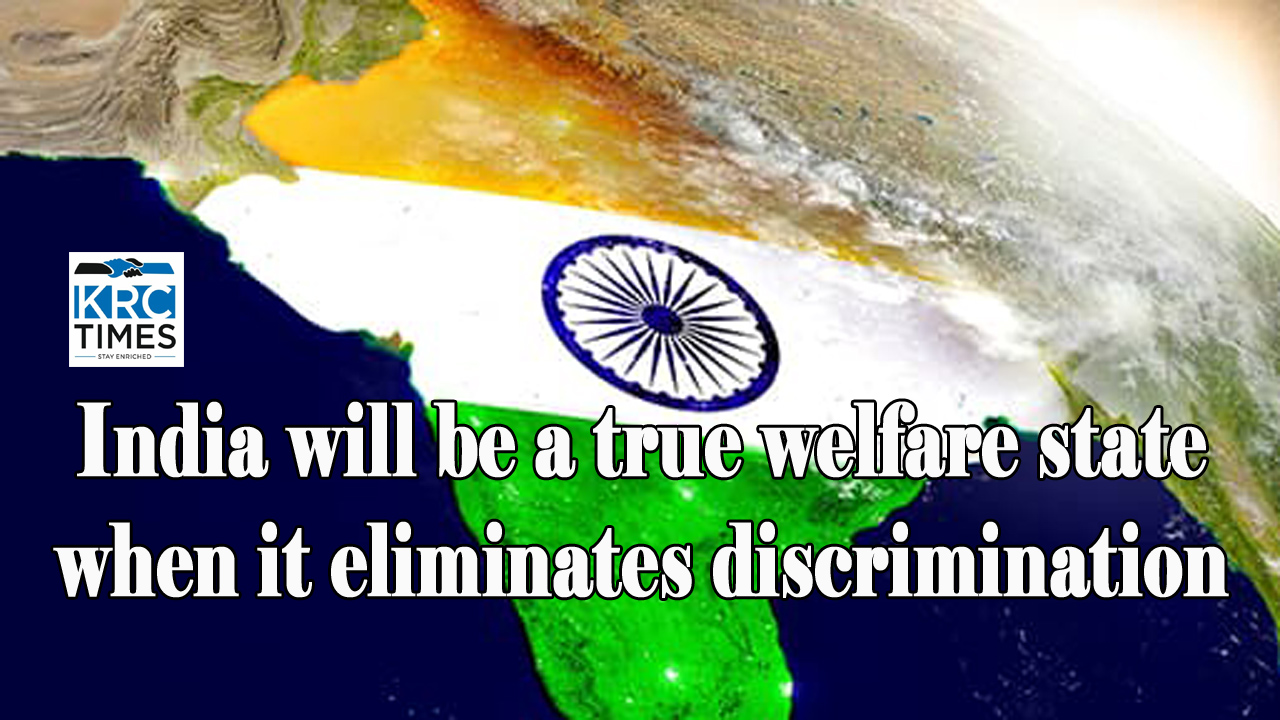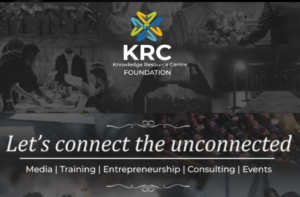Essential areas like education, employment, and healthcare – the pillars of a welfare state – often remain inaccessible dreams for them
 KRC TIMES Desk
KRC TIMES Desk

Akshay jain
India’s genuine progress will be reflected in its dedication to inclusivity, especially in upholding the dignity of individuals with disabilities
In the vibrant tapestry of India’s democracy, the concept of a welfare state has been a cornerstone since its establishment. Embedded in the Constitution, the commitment to justice, equality, and the promotion of general welfare forms the foundation of India’s identity. However, within this grand vision lies a harsh truth often neglected – the challenges faced by persons with disabilities.
Despite the existence of legal frameworks like the Rights of Persons with Disabilities Act, 2016, and international obligations such as the United Nations Convention on the Rights of Persons with Disabilities (2006) and the Sustainable Development Goals (SDGs), the everyday experiences of disabled individuals paint a different picture.
In India, disability is not merely a physical or mental condition; it is a complex barrier that impedes access to basic rights and opportunities. From systemic discrimination to inadequate infrastructure, persons with disabilities face obstacles in every aspect of life. Essential areas like education, employment, and healthcare – the pillars of a welfare state – often remain inaccessible dreams for them.
Education is frequently highlighted as a key to progress and empowerment. However, for many disabled students in India, quality education is an elusive reality. Despite the National Education Policy and the Right to Education Act, educational institutions often lack the necessary support systems and infrastructure to accommodate diverse needs.

The disparity in the national enrolment average between disabled and non-disabled students is stark, with the national average for non-disabled students at 28.4% and less than 2% for disabled students. Government data from UDISE+ shows a dropout rate exceeding 75% for students with disabilities in higher education.
Similarly, the employment scenario for persons with disabilities is bleak. Despite efforts to promote inclusivity, the private sector remains largely indifferent, often citing concerns about productivity, costs, and a perceived lack of talented resources. Consequently, unemployment rates among the disabled population are disproportionately high, exacerbating their economic vulnerability and reliance on social welfare schemes.
Healthcare, another critical aspect of a welfare state, presents its own set of challenges for persons with disabilities. Limited access to specialized care, the high cost of assistive devices, and stigma within healthcare settings contribute to their marginalized status.
Amidst these challenges, the notion of India as a welfare state falls short for millions of disabled citizens. The true measure of a welfare state lies not in lofty ideals or legislative frameworks alone but in tangible improvements in the lives of its most vulnerable members. It is crucial for the government, civil society, and the private sector to bridge the gap between rhetoric and reality and ensure the inclusion and empowerment of persons with disabilities.
Firstly, disability should be viewed not as a deficit but as a diversity that enriches the social fabric. Secondly, significant investment is needed in accessible infrastructure and services across sectors. From barrier-free buildings to inclusive technology, creating an environment that accommodates diverse abilities is essential for fostering equal participation. Proactive measures such as affirmative action policies, vocational training programs, and sensitization initiatives for employers are necessary.
To achieve a truly inclusive society, concerted efforts are needed on multiple fronts. India’s journey towards becoming a welfare state must prioritize the rights and dignity of persons with disabilities. Disability should not be an afterthought but an integral part of policy and decision-making processes.
(The writer is the assistant program manager at the National Centre for Promotion of Employment for Disabled People; views are personal)


